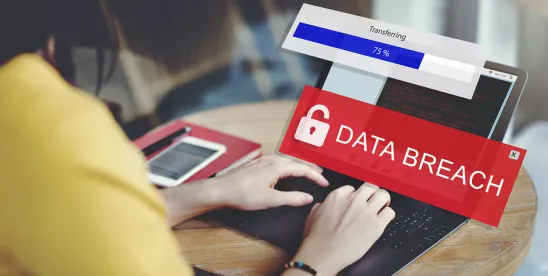Federal Rule of Civil Procedure 37(e) (“Rule 37”) was completely rewritten in the 2015 amendments. Before the 2015 amendments, the standard was that a party could not generally be sanctioned for data loss as a result of the routine, good faith operation of its system. That rule didn’t really capture the reality of all of the potential scenarios related to data issues nor did it provide the requisite guidance to attorneys and parties.
The new rule added a dimension of reasonableness to preservation and a roadmap for analysis. The first guidepost is whether the information should have been preserved. This rule is based upon the common law duty to preserve when litigation is likely. The next guidepost is whether the data loss resulted from a failure to take reasonable steps to preserve. The final guidepost is whether or not the lost data can be restored or replaced through additional discovery. If there is data that should have been preserved, that was lost because of failure to preserve, and that can’t be replicated, then the court has two additional decisions to make: (1) was there prejudice to another party from the loss OR (2) was there an intent to deprive another party of the information. If the former, the court may only impose measures “no greater than necessary” to cure the prejudice. If the latter, the court may take a variety of extreme measures, including dismissal of the action. An important distinction was created in the rule between negligence and intention.
So how does a ransomware attack fit into the new analytical framework? A Special Master in MasterObjects, Inc. v. Amazon.com (U.S. Dist. Court, Northern District of California, March 13, 2022) analyzed Rule 37 in the context of a ransomware attack. MasterObjects was the victim of a well-documented ransomware attack, which precluded the companies access to data prior to 2016. The Special Master considered the declaration from MasterObjects which explained that, despite using state of the art cybersecurity protections, the firm was attacked by hackers in December 2020. The hack rendered all the files/mailboxes inaccessible without a recovery key set by the attackers. The hackers demanded a ransom and the company contacted the FBI. Both the FBI and insurer advised them not to pay the ransom. Despite spending hundreds of hours attempting to restore the data, everything prior to 2016 was inaccessible.
Applying Rule 37, the Special Master stated that, at the outset, there is no evidence that any electronically stored information was “lost.” The data still exists and, while access has been blocked, it can be accessed in the future if a key is provided or a technological work-around is discovered.
Even if a denial of access is construed to be a “loss,” the Special Master found no evidence in this record that the loss occurred because MasterObjects failed to take reasonable steps to preserve it. This step of the analysis, “failure to take reasonable steps to preserve,” is a “critical, basic element” to prove spoliation.
On the issue of prejudice, Amazon argued that “we can’t know what we don’t know” (related to missing documents). The Special Master did not find Amazon’s argument persuasive. The Special Master concluded that Amazon’s argument cannot survive the adoption of Rule 37(e). “The rule requires affirmative proof of prejudice in the specific destruction at issue.”
Takeaways:
-
If you are in a spoliation dispute, make sure you have the experts and evidence to prove or defend your case.
-
When you are trying to prove spoliation, know the new test and apply it in your analysis (the Special Master noted that Amazon did not reference Rule 37 in its briefing).
-
As a business owner, when it comes to cybersecurity, you must take reasonable and defensible efforts to protect your data.




 />i
/>i

